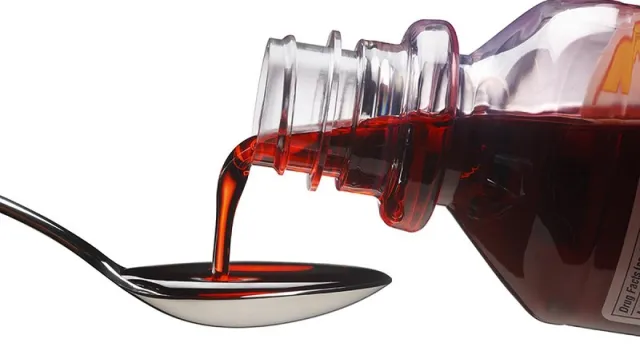WHO raises red flag on four Indian-made cough syrups as 66 children die

WHO raises red flag on four Indian-made cough syrups as 66 children die
The World Health Organization (WHO) has issued a global alert over four cough syrups, warning of severe side effects, including death, especially among children.
The four drugs which were manufactured by Maiden Pharmaceuticals, an Indian company, include Promethazine Oral Solution, Kofexmalin Baby Cough Syrup, Makoff Baby Cough Syrup and Magrip N Cold Syrup.
The alert comes after 66 children reportedly died in Gambia, western Africa where the drugs were identified as the cause of death.
“The four products had been identified in Gambia, but may have been distributed, through informal markets, to other countries or regions, the WHO said, adding that the syrups have been potentially linked with acute kidney injuries and 66 deaths among children,” WHO warned.
The WHO’s intervention came after medical authorities in Gambia, a popular tourist destination, detected an increase in cases of acute kidney injury among children under the age of five in late July.
The Gambia’s government has since suspended the use of all paracetamol syrups and has urged people to use tablets instead.
Laboratory analysis of samples of the products “confirms that they contain unacceptable amounts of diethylene glycol and ethylene glycol as contaminants,” the WHO added.
The substances were toxic, and their effects “can include abdominal pain, vomiting, diarrhoea, inability to pass urine, headache, altered mental state and acute kidney injury which may lead to death,” it added.
According to Kenya's Pharmacy and Poisons Board, the said products are not registered in the country and they are not available in the market.
"We reassure the public that there is no cause for alarm as the cough preparations (syrups) and promethazine products in the Kenyan market meet the market authorization requirements on quality, safety and efficacy," a note signed by the CEO, Dr F. Siyoi stated.
The international health body is therefore calling for increased surveillance and diligence within the supply chains of countries and regions likely to be affected by these products.
“All medical products must be approved and obtained from authorized/licensed suppliers. The products’ authenticity and physical condition should be carefully checked. Seek advice from a healthcare professional when in doubt.”
“If you have these substandard products, please DO NOT use them. If you, or someone you know, have used these products or suffered any adverse reaction or event after use, you are advised to seek immediate medical advice from a qualified healthcare professional and report the incident to the National Regulatory Authority or National Pharmacovigilance Centre.”
National regulatory and health authorities are advised to immediately notify WHO if these substandard products are discovered in their respective country.



